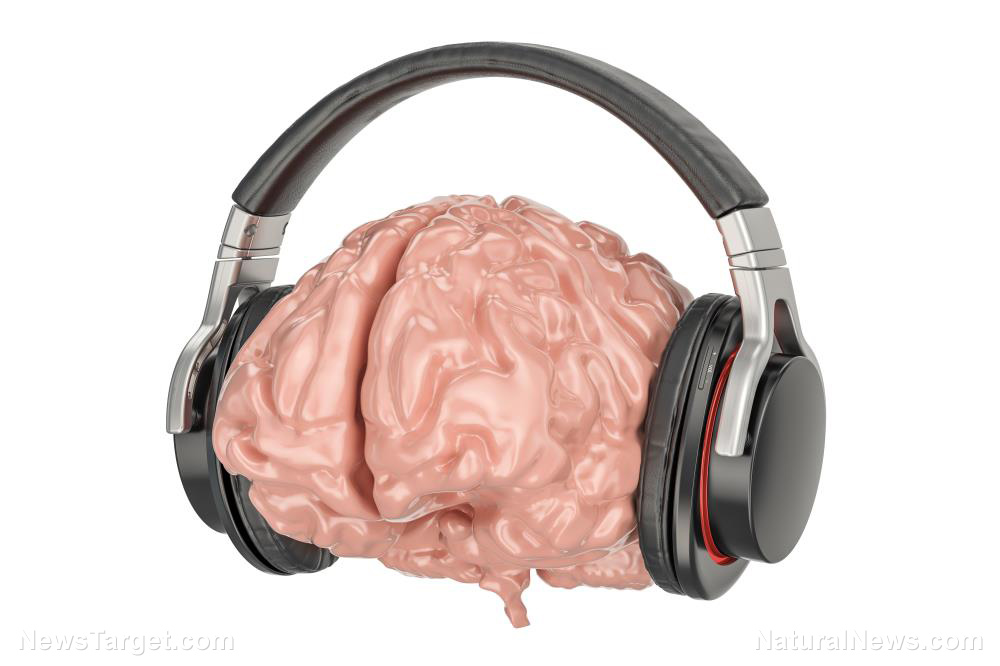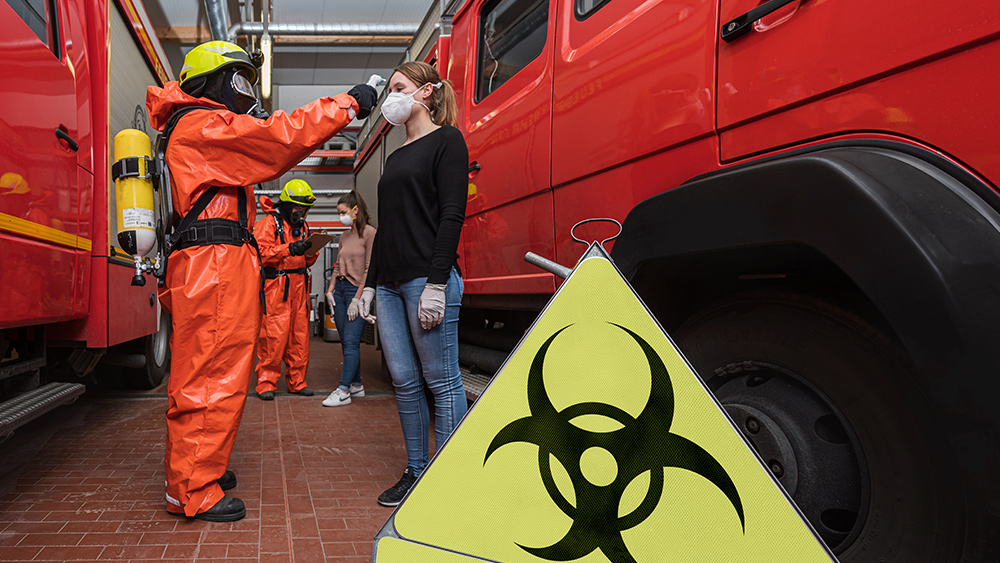Stay at home if you have diarrhea: Recreational waterborne diseases like Crypto and Legionnaire’s disease spread via public pools, warned researchers
03/17/2020 / By Michael Alexander

As tempting as it is to cool off with a dip in the pool – don’t. There may be parasites in the water, as per a report by the Centers for Disease Control and Prevention (CDC).
According to the CDC, 7,000 cases of Cryptosporidium infections were recorded within the past decade, adding that the cryptosporidium infection rate has soared by 13 percent since 2009.
The CDC, in a report, said a third of cases happened in treated and chlorinated swimming pools, with the vast majority of cases reported in the months of June, July and August.
The CDC made the warning after a report revealed that eight Americans died, and 30,000 became infected by bacteria present in hotel pools between 2000 and 2014.
Part of a larger family of parasites that can infect both humans and animals, the Cryptosporidium parasite – often shortened to just Crypto – is protected by an outer shell. This shell not only allows the parasite to survive outside the body for long periods of time, but also makes it very tolerant of standard chlorine disinfection.
Cryptosporidium is typically found in human and animal fecal matter.
“Swallowing just a mouthful of water with Crypto in it can make otherwise healthy kids and adults sick for weeks,” Michele Hlavsa, chief of CDC’s Healthy Swimming Program, said, adding that as chlorine cannot kill the parasite, steps must be taken to ensure that it does not get into the water in the first place.
“Don’t go into the water, and don’t let your kids go into the water, if sick with diarrhea,” Hlavsa said.
Cryptosporidium is not the only thing present in the water, however. (Related: CDC reports that 1 in 12 public pools are contaminated with parasites.)
In their report, the CDC noted that 58 percent of all outbreaks associated with treated recreational water are caused by Cryptosporidium, while 16 percent are caused by Legionella, which causes Legionnaires’ disease, while the remaining 13 percent are associated with Pseudomonas, which typically causes skin rashes.
What is Cryptosporidium?
Cryptosporidium is a microscopic parasite that causes the diarrheal disease cryptosporidiosis.
According to experts, symptoms of cryptosporidiosis generally begin seven days after one’s infection with the parasite. The most common symptoms of cryptosporidiosis include watery diarrhea, stomach cramps or pain, dehydration, nausea and vomiting, fever and weight loss.
Cryptosporidiosis symptoms usually last about one to two weeks in persons with healthy immune systems, however, a study published in BMC Public Health noted that some people had symptoms that persisted for up to 36 months.
Cryptosporidium infections are typically limited to the small intestine, however, the parasite could possibly affect other areas of the digestive tract or even migrate to the respiratory tract in immunocompromised persons.
If left untreated, the disease may cause people with weakened immune systems to develop serious, chronic, and sometimes fatal illnesses.
In normal cases, cryptosporidiosis is usually treated with fluid replenishment in order to avoid dehydration.
How to avoid Cryptosporidium and cryptosporidiosis
According to experts, the best way to avoid cryptosporidiosis is to proactively practice good hygiene.
Here are some steps to avoid Cryptosporidium and cryptosporidiosis:
- Wash hands frequently with soap and water for at least 20 seconds.
- Don’t drink unfiltered water.
- Wash all fresh produce. Peel fruits and vegetables.
- Shower before and after using public pools.
- Stay out of the water if you or your children are manifesting the signs and symptoms of diarrhea. Stay out of the water for a full two weeks even after the symptoms subside.
- When swimming in public pools or water parks, take care not to swallow pool water.
Learn more about water-borne infections and how to treat them at CleanWater.news.
Sources include:
Tagged Under: CDC, chlorinated water, cryptosporidiosis, cryptosporidium, dirty water, Diseases, infections, legionells, parasites, pool water, pseudomonas, swimming pool



















